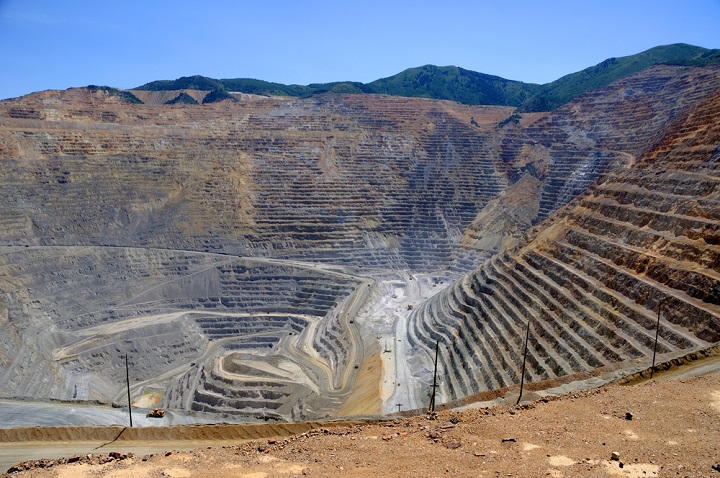BHP Billiton (LON:$BLT) is now feeling the full impact of the worker strike that occurred earlier this year at its Escondida copper mine in Chile. Compared to the production from January to March last year, this year’s copper production at Escondida fell by a detrimental 63%. EFE news agency reported that the Escondida mine produced about 97,103 tonnes of copper in its first quarter this year — quite a drop from the 265,597 tonnes the company saw in 2016. The dramatic fall in production should not be too surprising, however, as the strike that resulted in the production drop had lasted 43 days — the longest private-sector mining halt that has ever occurred in Chile’s history.
The strike was largely due to the workers’ concern over Billiton’s treatment of new workers at the mine as well as the changes that were proposed of work shifts and worker benefits. There were also negotiations regarding wages and benefits.
To really gauge just how much the strike has impacted the Escondida mine this quarter, prior to strike the mine was projected to produce about 1.1 million tonnes of copper this year. This accounts for about 5% of the global copper production.
BHP is not the only mining company affected by these numbers — though they do own the majority of the mine as well as operate it — big name companies like Rio Tinto (LON:$RIO) (ASX:$RIO) and Mitsubishi Corp (TYO:$8058) also hold partial ownership of the mine.
Not only are the companies affected, but the news will no doubt somewhat hurt Chile’s appeal to mining investors and traders. While Chile is the world’s largest producer of copper — not to mention metal sales is responsible for more than half of its export earnings — lowering demand for copper and loss of interest by investors has ranked the country in 39th place by mining executives according to a global survey conducted by the Fraser Institute.
Featured Image: depositphotos/gwhitton









